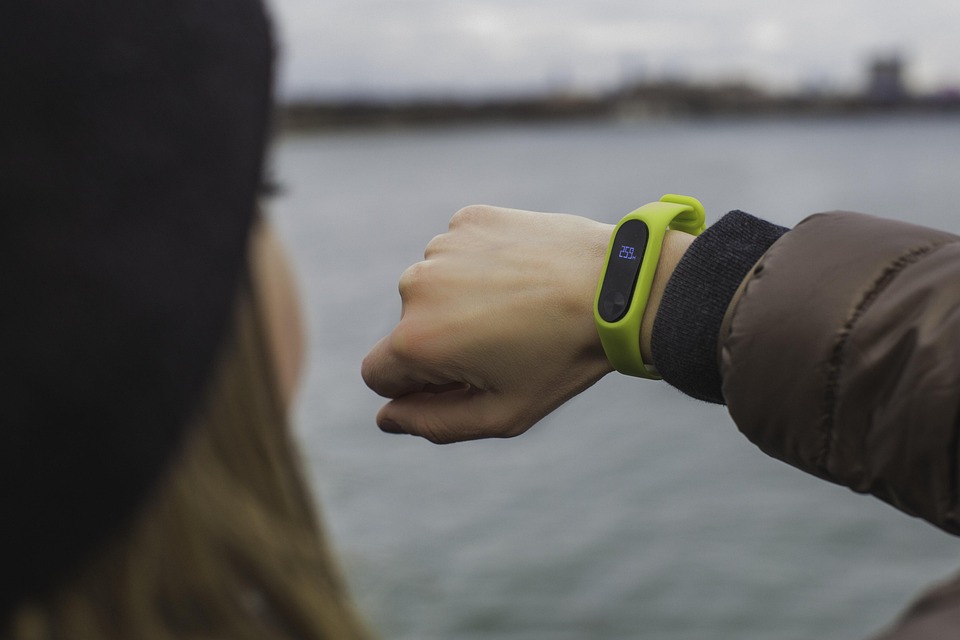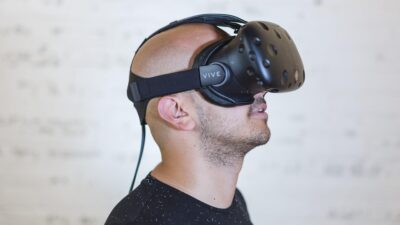In our fast-paced world, mental health has become an increasingly pressing concern. With rising stress levels, anxiety, and other mental health issues, the search for effective solutions is more critical than ever. Enter wearables—smart devices designed to monitor various health metrics. These advancements in technology have not only revolutionized the way we track physical health but also opened new avenues for supporting mental well-being.
Understanding Wearables
Wearables encompass a range of devices, including fitness trackers, smartwatches, and smart clothing. Equipped with sensors, these gadgets can monitor heart rate, sleep patterns, physical activity, and even brainwaves. By collecting and analyzing data, wearables provide insights that can empower users to manage their mental health more effectively.
The Connection Between Physical and Mental Health
Research has shown that physical health and mental health are deeply interconnected. Regular physical activity, adequate sleep, and balanced nutrition contribute significantly to emotional well-being. Wearables support these aspects by encouraging users to stay active, monitor their sleep, and maintain healthy habits.
How Wearables Promote Mental Health
1. Tracking Sleep Patterns
Sleep disturbances often correlate with anxiety and depression. Wearables equipped with sleep-tracking capabilities can help users assess their sleep quality. By providing data on sleep cycles, duration, and interruptions, individuals can make informed adjustments to their nighttime routines. Improved sleep hygiene can lead to better mood regulation and overall mental health.
2. Monitoring Physical Activity
Physical activity is a proven mood enhancer, releasing endorphins that combat stress. Wearables help track daily steps, exercise duration, and heart rate, motivating users to move more. By setting fitness goals or engaging in challenges, individuals can cultivate a healthier lifestyle that supports their mental health.
3. Stress Management and Mindfulness
Many wearables offer features aimed at stress reduction, such as guided breathing exercises, mindfulness prompts, and heart rate variability (HRV) monitoring. HRV is an indicator of how well the body responds to stress. By understanding their HRV patterns, users can identify when they’re becoming stressed and employ mindfulness or relaxation techniques to recenter themselves.
4. Mood Tracking
Some advanced wearables allow users to log their moods throughout the day. By recognizing patterns in emotional states and their triggers, individuals can gain insight into their mental health. This self-awareness can be the first step toward coping strategies, therapeutic discussions, or lifestyle changes tailored to improving emotional balance.
5. Community Support
Wearables often come with accompanying apps that foster community engagement. Many platforms enable users to share achievements, participate in challenges, or join groups focused on mental well-being. This sense of community can provide social support—an essential aspect of maintaining good mental health.
Challenges and Considerations
While wearables have tremendous potential in supporting mental health, there are challenges and considerations:
-
Data Privacy: Concerns about how personal health data is stored and used are paramount. Users should choose devices with robust data protection policies.
-
Over-reliance: While wearables can provide valuable data, they should not replace professional help. It’s crucial for users to recognize when to seek support from mental health professionals.
- Information Overload: Excessive tracking can lead to anxiety for some individuals. Users should find a balanced approach that works for them.
Conclusion
Wearables have the potential to serve as powerful tools in the quest for mental well-being. By providing insights into personal health and fostering healthy habits, they empower individuals to take control of their mental health. As technology evolves, we can expect wearables to play an increasingly important role in enhancing our understanding and management of mental well-being.
Incorporating wearables into your daily routine may be a step toward achieving the balance we all seek in today’s tumultuous world. Ultimately, these devices are more than just gadgets; they can become vital partners in maintaining mental health and emotional resilience.



